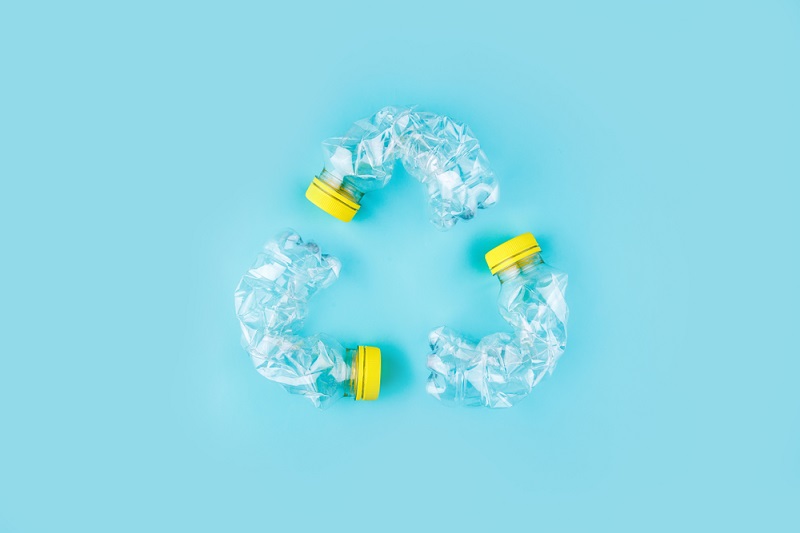The purpose of recycling plastic is to make natural resources like air, water, and soil safer for humans, animals, plants, and even microorganisms. However, the world hasn’t yet perfected the science and practice of safely managing used plastic. Plastic recycling is so flawed that used plastic bottles, trash bags, packaging for many consumer products, and many other items still pose a serious threat to the environment, regardless if they are recycled or not.
Here’s a look at why recycling hasn’t yet solved the planet’s plastic problem.
Why Plastic in Most Consumer Products is Bad for the Environment
Plastic starts harming the environment long before it gets to the consumer. Its destructive lifecycle begins at the production phase. For example, more than 17 million barrels of oil are required to produce plastic water bottles each year. Their production is a direct contributor to global warming, considering the amount of carbon dioxide released into the atmosphere.
The environmental impact is much greater when you consider other household items made of polyethylene terephthalate (PET), just like plastic water bottles. Many things, including fabrics and food packaging, require fossil fuels to be manufactured.
Besides manufacture, the supply chain for plastic products is another cause for concern. Whether transported by road, rail, or air, the cargo leaves a significant carbon footprint before reaching the retail shelves. This contributes to global warming, and the toxic emissions from vehicles can cause health problems.
Once a plastic container or bottle is empty, the recycling and disposal nightmare begins.
Why Plastic Recycling Doesn’t Effectively Protect the Environment
If we recycled 100% of every plastic produced, we would dramatically minimize the negative impact on the planet. However, only 8.7% of plastic is recycled in the U.S. annually. While about 29.1% of PET bottles are recycled yearly, this rate is still too low, considering millions of tons of new plastic products that are manufactured each year.
Worse still, not all plastic is fully recycled for reuse. Due to contamination issues and other problems, many plastics are only repurposed. This involves going back to manufacturing, using more energy, and releasing more carbon dioxide into the atmosphere to turn a plastic water bottle into a plastic bag.
What’s Wrong with Plastic Incineration?
Plastic that isn’t recycled may be incinerated. This process consumes more energy and releases hazardous gases into the air. Inhaling these toxins can cause health issues like respiratory problems and even cancer. Moreover, incinerators are themselves significant contributors to global carbon emissions, and the toxins they release harm ecosystems.
Further Environmental Degradation in Landfills
Plastic can take hundreds of years to decompose in a landfill. It still wears down, partly due to exposure to the elements. Some of the decomposing plastic particles are hazardous, potentially cancer-causing, and can dissolve in rainwater.
These toxins are easily transported into the soil, rivers, and other water bodies, exposing ecosystems, humans, plants, and animals to grave danger. Water contaminated this way is usually unfit for human consumption.
The Danger in Garbage Patches
Poor waste management (including that of plastics) contributes to another environmental problem—garbage patches. These patches form when different types of waste debris are carried into the ocean by rotating currents known as gyres. Plastics that accumulate there continue releasing toxins into the water around them, harming marine life and eventually anything that eats aquatic food, including animals and humans.
The danger that plastic poses to our planet worsen each year as plastic consumption increases, even with the millions of tons of plastic that we recycle each year. Some of the materials are only repurposed instead of being reprocessed for their original use. Other used plastics end up polluting the environment in landfills or as garbage patches in oceans.
At Genesis Performance, we believe in empowering you to “live in your prime”, and doing right for humanity and the planet. Having an awareness of the harmful effects of plastics is the first step in doing our part for humanity and the planet. Our team of expert professionals can help you fit exercise and wellness practices into your current schedule and inspire you to reach optimal health. We help clients across the nation virtually and are ready to help you get started today. Contact us to learn more!



